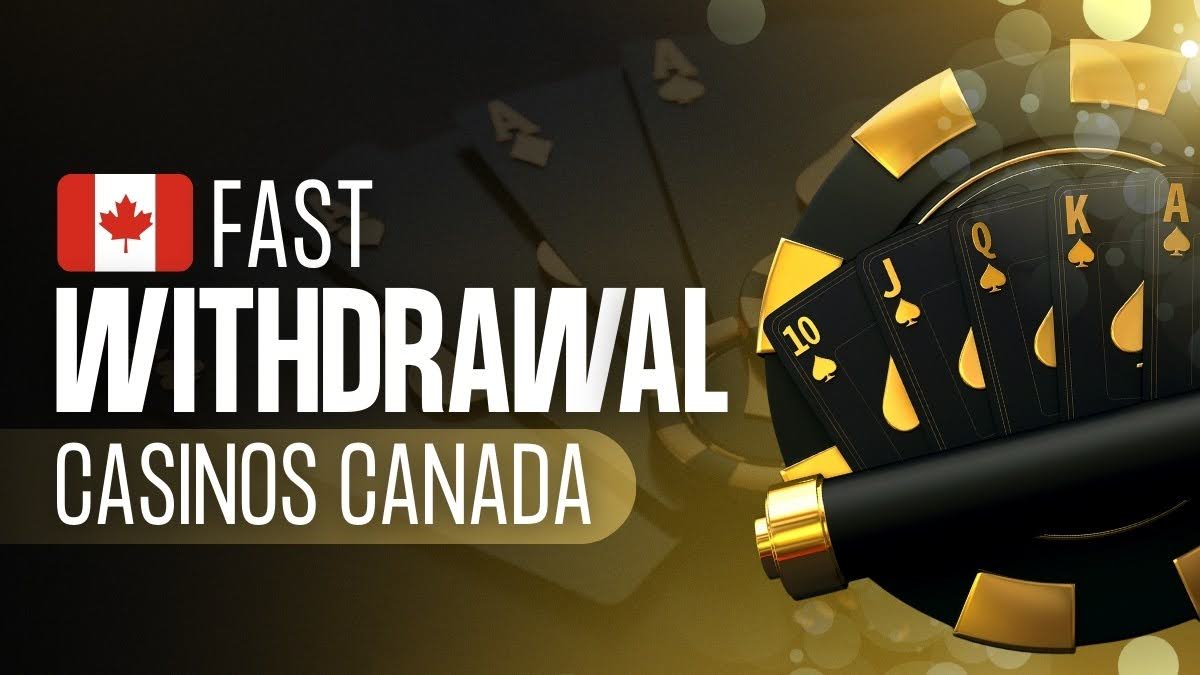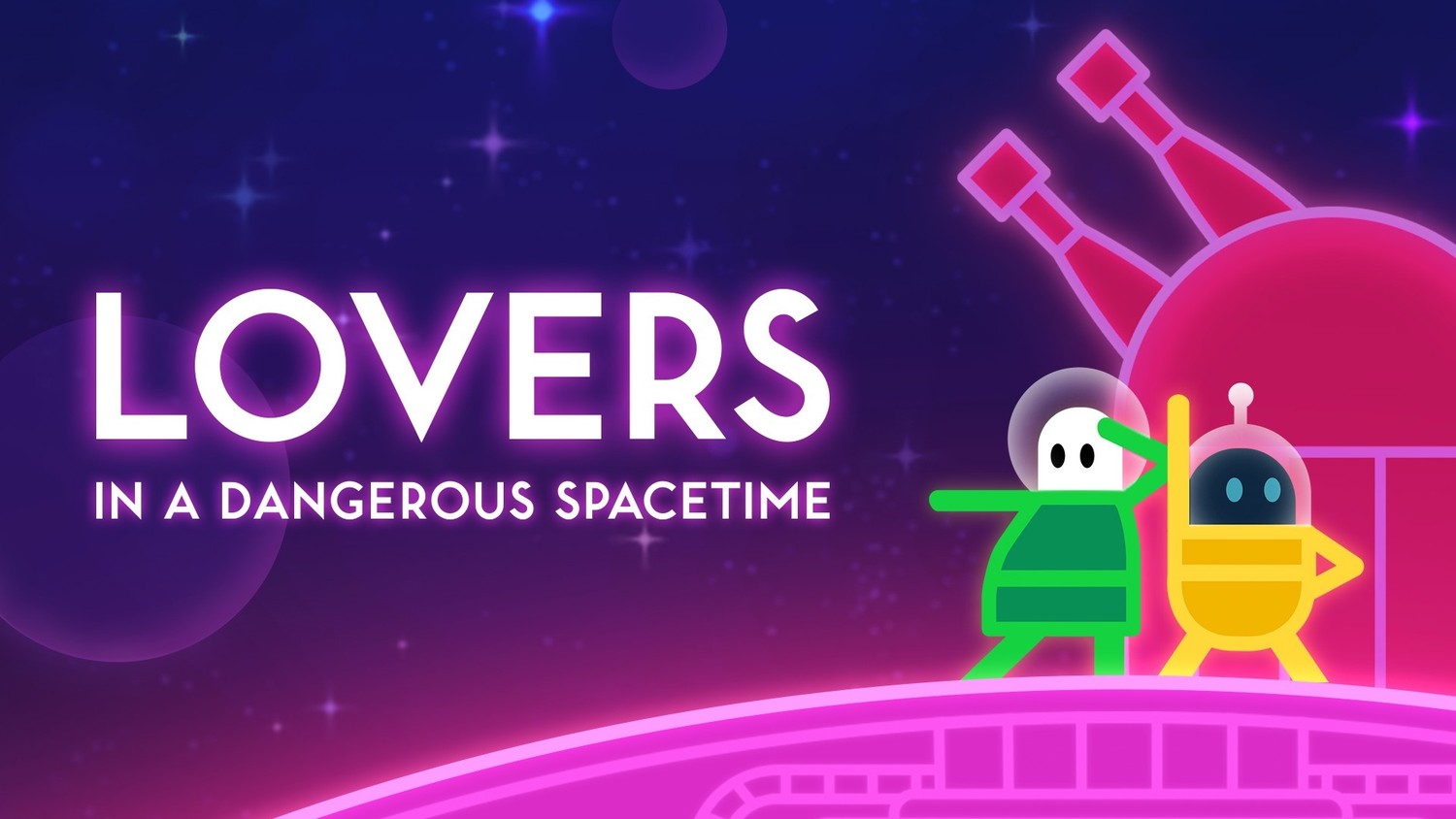
Is online gambling legal in Canada?
As is naturally the case when it comes to the world of the internet, laws concerning online gambling in Canada were far behind those surrounding their brick-and-mortar counterparts. Having a slow start does not mean they’re not currently robust, however, as the various laws now governing Canada’s gambling infrastructure are widely regarded as well implemented, if a little confusing. Taking a look at the current state of affairs, and when points of contention have traditionally been found, we want to illuminate where Canada’s gambling laws now stand, and how they developed.
Brick and Mortar Gambling
Records on the earliest forms of gambling within Canada are nebulous at best, but there are some indications that it was popular among the native people. Specifically, this came in the form of what was called handgame, or stickgame, a Native American guessing game that has one team hide a series of marked bones, while the other team attempts to guess their location. Maintained to this day, the popularity of handgame was usurped following European colonization, which favoured their own established gambling customs
Many of these games evolved remarkably little over the years, with slight progression giving them the form and popularity which many enjoy to this day. Roulette was a popular example of this, having its roots towards the end of the colonization period, whereas games like poker can track their origins back much earlier.
Over the decades and centuries, gambling games would continue to be played by many, though they ran unregulated and often suffered a poor reputation. As in many countries, a large portion of the stigma around gambling was undoubtedly due to poorly controlled laws, in which cheating by patrons and hosts was a constant and pressing reality.
The first forms of regulation came about in the 1800s, as overarching rules were set by Canada’s government to curb the worst abuses. Despite these early efforts, it wasn’t until the mid-1900s that the first real effective gambling regulation would start to develop. This was later aided by big changes that were made in 1970, which allowed the individual provinces to set their own gambling guidelines.
Regional Differences
Here in Ontario, there are two main sets of regulations covering our gambling infrastructure. These are the Gambling Control Act, enacted in 1992, and the Ontario Lottery and Gaming Corporation Act, signed in 1999. While both of these have undergone amendments, their underlying basis and coverage remain largely the same.
Online Gambling in Canada
First things first, and yes, online gambling is legal within Canada’s borders, but it’s not quite as simple as that statement makes it seem. The issues here have fundamentally been born through the differing provincial laws that govern each section of the country. In simple terms, it is quite easy to regulate based on a direct physical area. Online connectivity, however, is much more difficult to control.
Because of this difficulty, combined with issues in forming a singular nationwide agreement, the Canadian government is yet to generate laws dictating the specifics of online casinos that have physical server locations within Canada's borders. In other words, it is not legal for an online casino to be set up in Canada.
It is, however, legal for online casinos located in other countries to be accessible within Canada. This is possible through how the online casino licensing laws work within the greater online environment. In essence, the different licensing companies, such as the Malta Gaming Authority, do most of the legwork in ensuring adherence to regional laws, such as those laws in the Canadian provinces.
The result of merging website and licensing elements is that online casinos apply for licenses, and the licenses give an indication of the individual changes websites must make. Casinos make these changes as required, and then their websites can go live.
In some instances, the changes made necessary by local laws can cut players off from much of an online casino's library. In others, such as with Wildz Casino in Canada, regional allowances give players full access to everything offered. This means slot and table games, live casino games, and bonuses, without limitation.
Difficulties Going Forward
While Canada currently sits in a healthy place in the casino world and appears likely to maintain this position in the future, it is important to note that there are difficulties involved in maintenance. Primarily, this comes from how evolutionary online casinos are when compared to their brick and mortar cousins. Games in physical casino locations are largely fixed, and this means the laws regarding them are often more easily understood.
Online casinos, on the other hand, must push the envelope with each passing year. This is divided into all sides of the business, from software and regulators to the host websites themselves, meaning consistent attention needs to be paid to ensure the safety of everyone involved.
For example, each new piece of software will need to be run through testing before it is allowed online. Those who check this software will similarly require oversight, as will the host websites, to ensure no third-party modifications are made. New forms of access, like browsers, also need to be investigated, alongside their platforms, so minimal crashes of websites and games will occur, and these are just a few of many different components involved.
Fortunately, these are all issues that have developed frameworks in place to streamline the involved processes. Still, they indicate just how much work goes into keeping everything up to date, and the expertise which must necessarily be involved. Given this complexity, and viewed from the outside, it can be surprising to see just how far online casinos have come, while still showing no sign of slowing down.
Like in many countries, online casino legality within Canada is a tightrope that has had to be navigated with the utmost of care. Thousands of people from many different technological and legal disciplines combine to create a system that ensures and encourages safe play though, looking at the result, it's difficult to appreciate just how many moving parts are involved. As for whether Canada might be able to host their own casino servers sometime soon, that question remains unanswered.
Source: Pixabay









